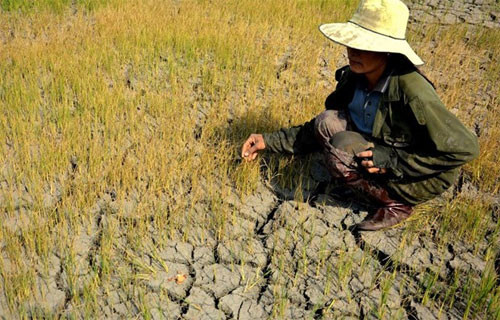 |
At a workshop held in Hanoi on April 28, Thang said that ISPONRE carried out
research on the state of gender equality in climate change policies in Vietnam,
with focus sharpened on the four sectors of renewable energy, agriculture, water
resources management, and garbage management.
The research showed that Vietnam has made efforts to complete policies on gender
equality and climate change response but pointed out that women’s participation
in policy making and management is limited.
Additionally, a lack of information and data on climate change’s impacts has
affected the building and implementation of climate change policies with gender
mainstreaming, he said.
The Vietnamese Government integrated gender equality and social inclusion in its
updated Nationally Determined Contribution, which was submitted to the United
Nations Framework Convention on Climate Change in September 2020.
Vietnam is among six countries hardest hit by extreme weather that killed 286
people and resulted in economic losses of 2 billion USD each year over the last
two decades.
In a bid to cope with future challenges, Vietnam should adopt more ambitious
targets to evaluate the state of gender mainstreaming in climate change
policies, according to Swedish Ambassador to Vietnam Anne Mawe.
Experts at the workshop suggested promoting the application of technical
instruction on gender mainstreaming in climate change policies in combination
with the implementation of other development plans.
Source: VNA


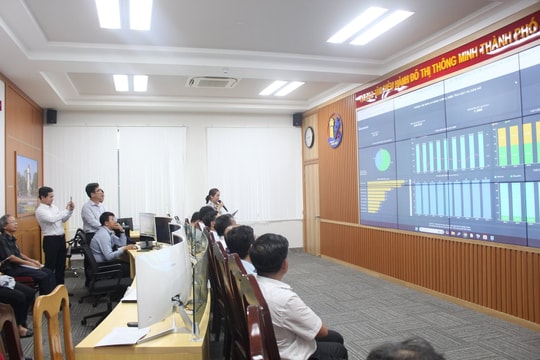
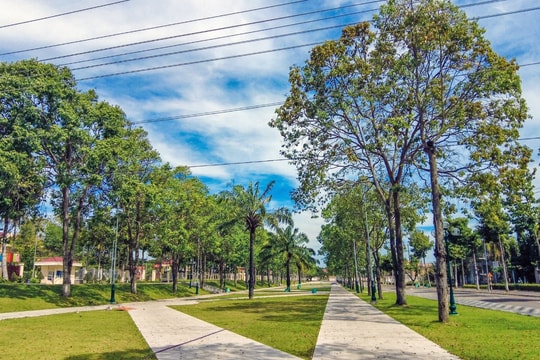


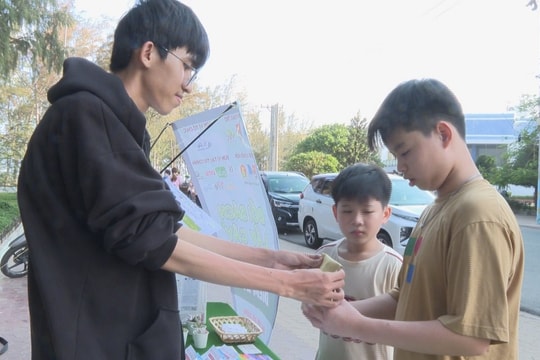






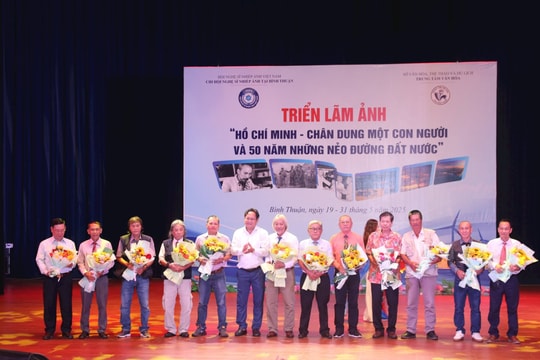






.jpg)


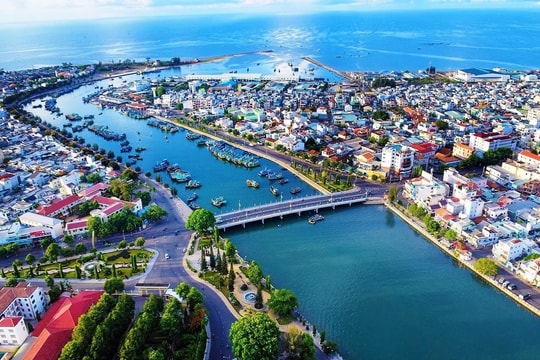


.jpeg)

.jpeg)


.jpeg)


